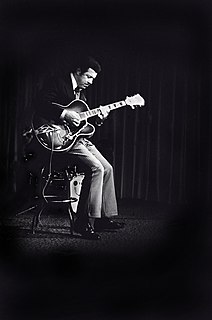A Quote by Jiddu Krishnamurti
Don't we introduce time as a means of becoming more evolved? The brain has evolved but is there evolution inwardly? Can the brain dominated by time not be subservient to it?
Related Quotes
The very large brain that humans have, plus the things that go along with it - language, art, science - seemed to have evolved only once. The eye, by contrast, independently evolved 40 times. So, if you were to 'replay' evolution, the eye would almost certainly appear again, whereas the big brain probably wouldn't.
Back in the really early days, the men went out hunting, the women stayed home with the kids, and would hold the kid in one arm against the heart, so that's the left, and with the right arm they would throw. And it turns out you cannot make that calculation in real time. You have to have an algorithm set up. So these brain mechanisms evolved in order to do that, and when they evolved, the thing is that where there is a useful capability it often adapts to places it wasn't evolved for.
As work in neurosciences indicates, the acquisition of literacy necessitated a new circuit in our species' brain more than 6,000 years ago. That circuit evolved from a very simple mechanism for decoding basic information, like the number of goats in one's herd, to the present, highly elaborated reading brain.
The doctrine of evolution implies the passage from the most organised to the least organised, or, in other terms, from the most general to the most special. Roughly, we say that there is a gradual 'adding on' of the more and more special, a continual adding on of new organisations. But this 'adding on' is at the same time a 'keeping down'. The higher nervous arrangements evolved out of the lower keep down those lower, just as a government evolved out of a nation controls as well as directs that nation.









































